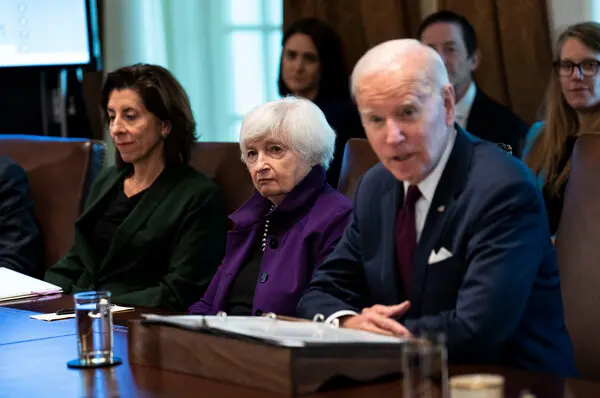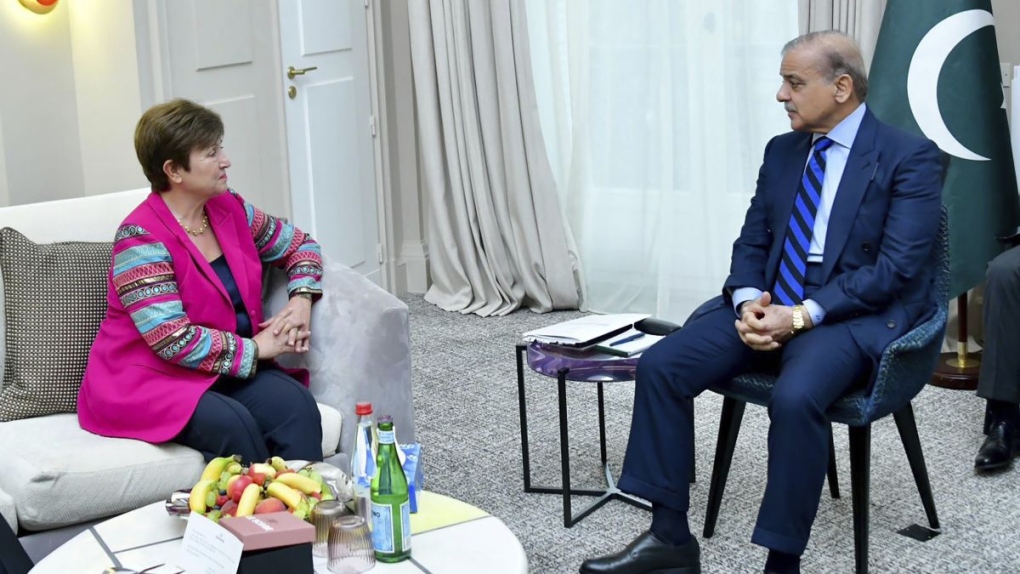US Treasury Secretary Janet Yellen is set to visit China in a crucial effort to restore relations between the world’s two largest economies.
This marks the second visit by a high-ranking Washington official to Beijing in as many months, reflecting the significant deterioration of the relationship between the two countries this year.
The US-China disputes encompass a wide range of issues, including Taiwan, Ukraine, national security concerns, and an ongoing trade dispute.
Furthermore, this visit takes place just days after Beijing’s announcement to restrict the export of two vital materials crucial for computer chip production.
Ms. Yellen’s recent remarks emphasizing the potential for collaboration between the two economies could play a crucial role during her upcoming trip, which will include her first discussions with China’s new Vice Premier, He Lifeng.
Prior to the visit, the US emphasized the significance of responsibly managing the relationship between the two countries, promoting direct communication regarding areas of concern, and collaborating to tackle global challenges.
As part of the ongoing efforts to alleviate tensions, Ms. Yellen engaged in a “frank and productive discussion” with China’s ambassador to the US, Xie Feng, on Monday. Both sides described the meeting as constructive and fruitful.
According to Wendy Cutler, Vice President at the Asia Society Policy Institute, it is advisable to maintain low expectations for the Yellen visit.
Cutler highlighted that Yellen does not possess the authority to mend relations or address Chinese requests regarding the lifting of export controls or tariffs.
Just weeks after US Secretary of State Antony Blinken’s visit to Beijing, where he held discussions with President Xi Jinping and Foreign Minister Qin Gang, this recent trip to China takes place.
Mr. Blinken’s visit to the Chinese capital marked the highest-ranking visit by a Washington official in nearly five years.
The meetings were perceived as a critical test to determine if the two countries could halt the further deterioration of their relationship.
Concluding his trip, Mr. Blinken expressed that while significant issues persisted between the US and China, he remained hopeful and expected improved communication and engagement in the future.
The day after, President Joe Biden referred to Mr. Xi as a “dictator,” leading to protests from Beijing. While analysts suggested that Biden’s comment would unlikely have a significant negative impact, it was widely perceived as unhelpful in improving the situation.
Adding to the indications that the trade dispute between the two nations is far from reaching a resolution, China recently announced stricter controls on the export of gallium and germanium, essential materials for computer chip production.
Starting next month, special licenses will be required for exporting these metals, with China being the largest global producer of both.
Source : bbc.com







